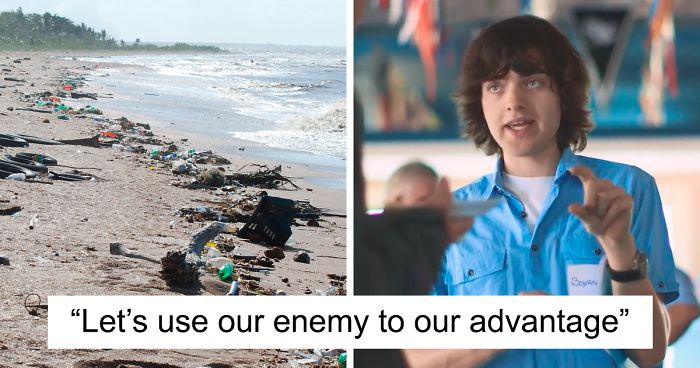
Turns Out That ‘Boy Genius’ Who Said That He Could Make The Ocean To Clean Itself Was Right
Boyan Slat is a 23-year-old Dutch inventor and entrepreneur who started building engineering projects since when he was 2 and first truly impressed the world by securing a Guinness World Record at the age of 14 when launched 213 water rockets simultaneously. Now, Slat is aiming for a much bigger goal — cleaning the ocean of plastic.
Back in 2011, while diving in Greece, Boyan noticed that there was more plastic in the water than there were fish. He decided to devote all his time to try and rid the ocean of plastic pollution, going as far as dropping his studies. Two years later he founded The Ocean Cleanup and hosted a TEDx talk to introduce his idea to use the natural water currents. He first set out to test the system in Japan, but later focused on the Great Pacific Garbage Patch, setting a goal to clean half of the plastic waste in 5 years.
The Ocean Cleanup develops technology that would help rid the ocean of the plastic waste and after raising over $2.2 million, the organization launched a huge research in 2014. They studied the Great Pacific Garbage Patch to prepare for the full-scale deployment in 2020. Using the data acquired, they developed technology and set out to launch the first cleanup system in mid-2018.
More info: The Ocean Cleanup | Facebook | Twitter (h/t)
Meet Boyan Slat, a 23-year-old Dutch inventor and entrepreneur who set the world record at the age of 14
Back in 2011, Slat was diving in Greece and noticed that there was more plastic in the ocean than fish
After seeing that Slat decided to dedicate his time to try and clean the ocean of plastic waste
In 2013 he founded The Ocean Cleanup and launched an expedition to research the problem
They focused on the Great Pacific garbage patch, collecting samples with around 30 vessels
All the acquired waste was then transported to The Ocean Cleanup Project facility in Netherlands
Where it was analysed and sorted to help develop the ocean cleaning technology
Here’s what the research found
Using the research data, The Ocean Cleanup created a passive floating device that collects plastic
It uses the ocean currents to do all of the work, as the device floats freely and collects waste
The anchor keeps the installation at the needed level, as well as allows it to move slower than the plastic
The concentrated plastic can then be extracted and shipped to shore for recycling
Boyan Slat predicts that they will be able to clean half the patch in 5 years
Watch the video below to find out more about the project
259Kviews
Share on FacebookBecause it's not some idiot celebrity or some royal getting wed or a country going to war thats why mate. Sad sad world!
Load More Replies...If you want to help him out, you can donate at theoceancleanup.com. The donate button is at the bottom of the page.
Thanks for telling me! Just sent 35 bucks :)
Load More Replies...so great to have young minds working on improving our tomorrow when so many of the old minds have given up on trying, stopped caring, or simply never cared at all. On i side note. i wonder if those currents and debris in the past could have caused the idea of disappearing islands.
Because it's not some idiot celebrity or some royal getting wed or a country going to war thats why mate. Sad sad world!
Load More Replies...If you want to help him out, you can donate at theoceancleanup.com. The donate button is at the bottom of the page.
Thanks for telling me! Just sent 35 bucks :)
Load More Replies...so great to have young minds working on improving our tomorrow when so many of the old minds have given up on trying, stopped caring, or simply never cared at all. On i side note. i wonder if those currents and debris in the past could have caused the idea of disappearing islands.

 Dark Mode
Dark Mode 

 No fees, cancel anytime
No fees, cancel anytime 


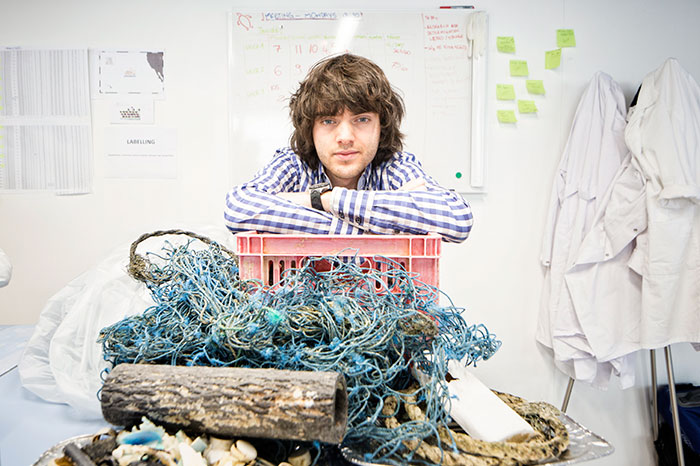

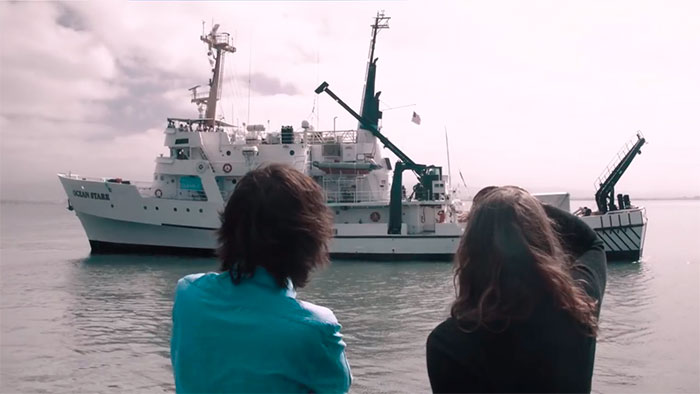
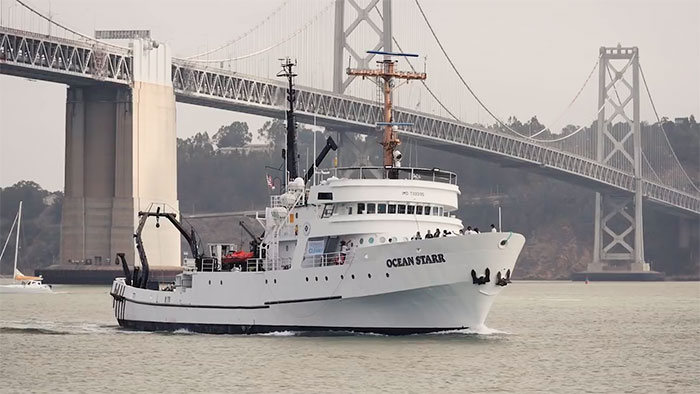
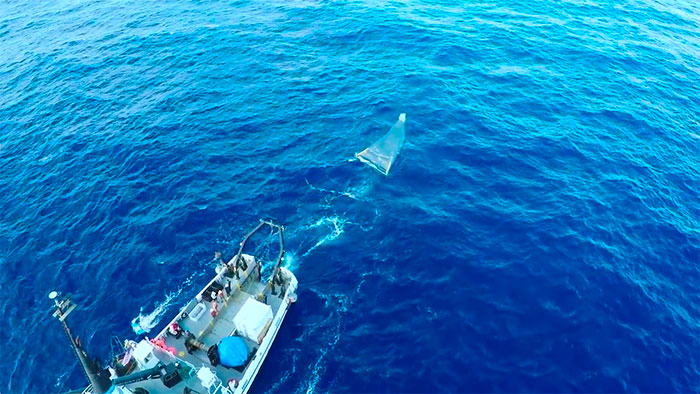
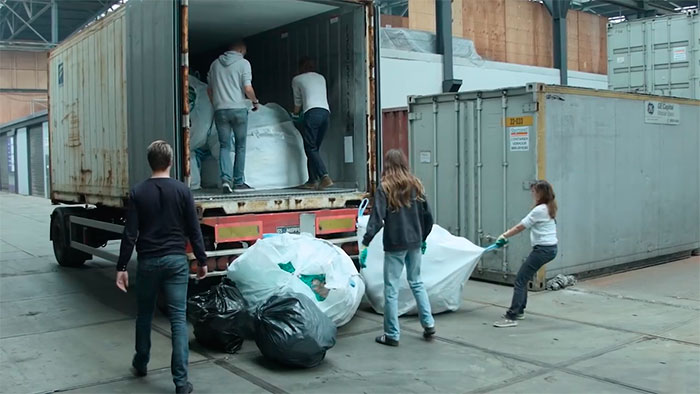
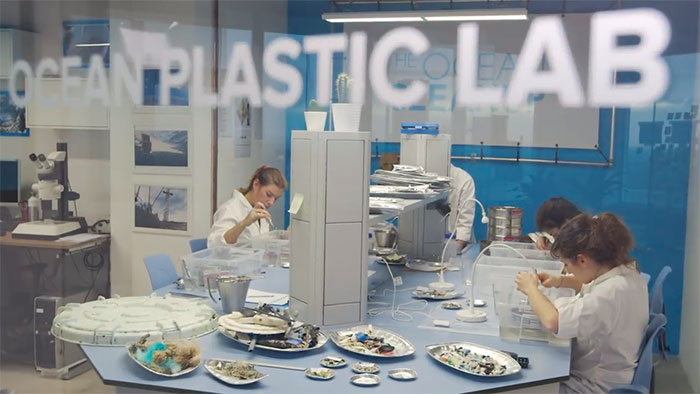
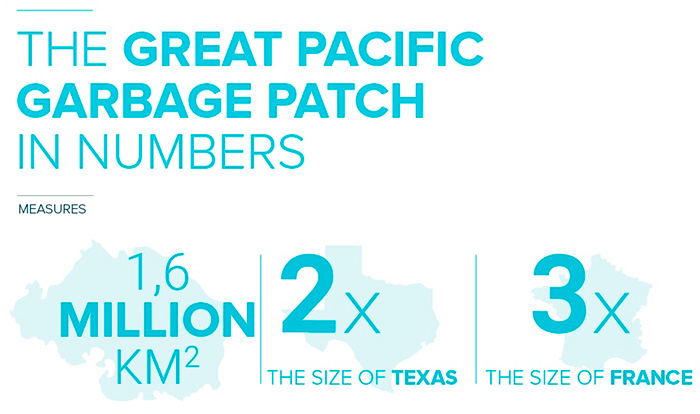
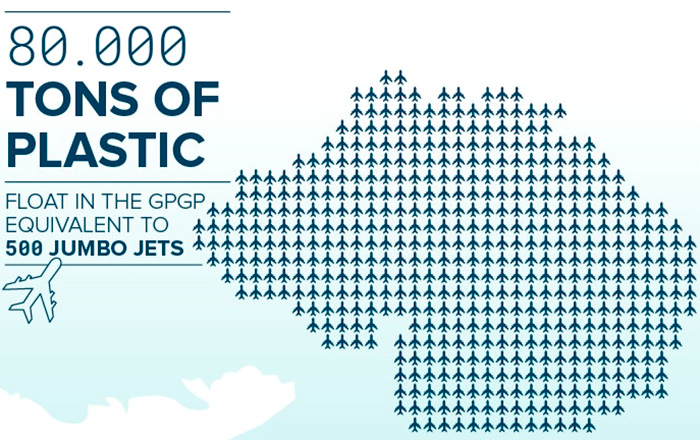
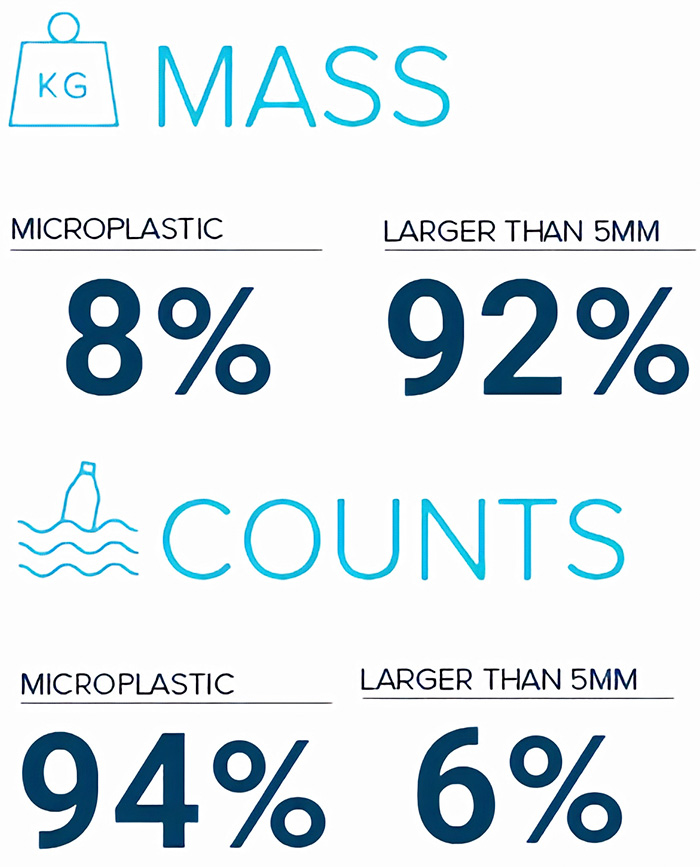
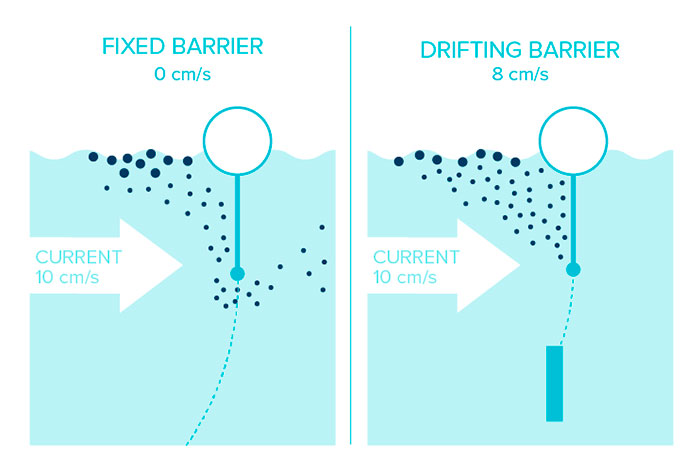
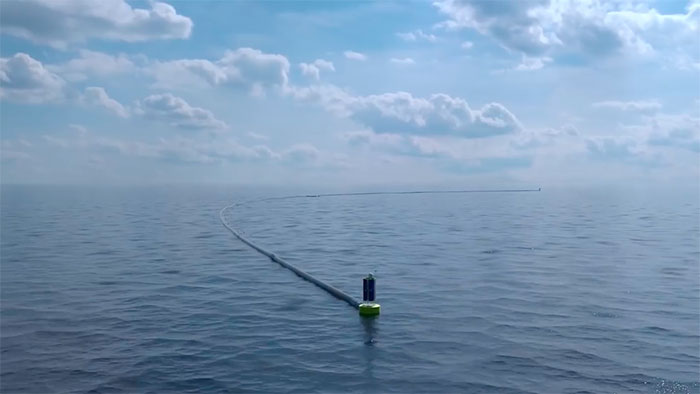
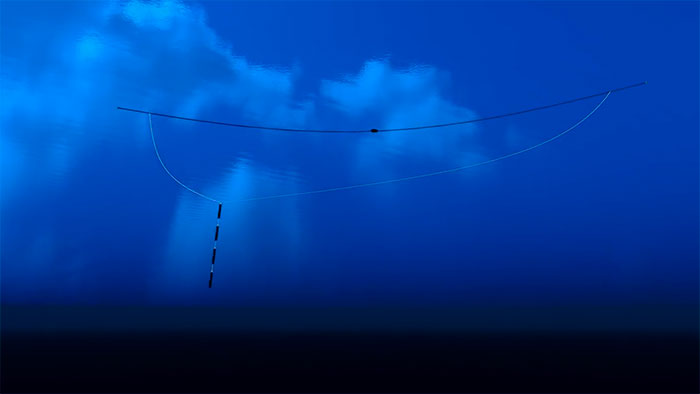
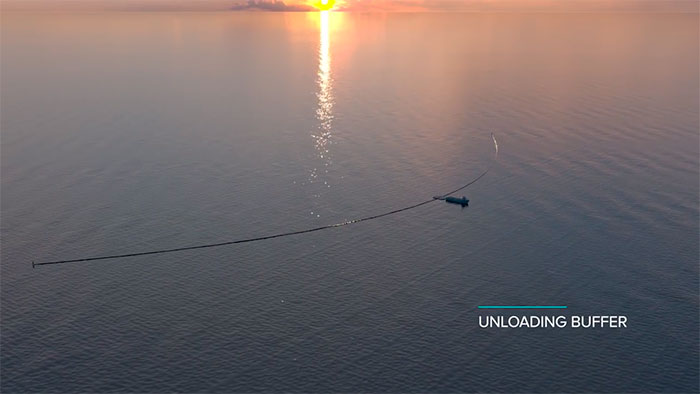
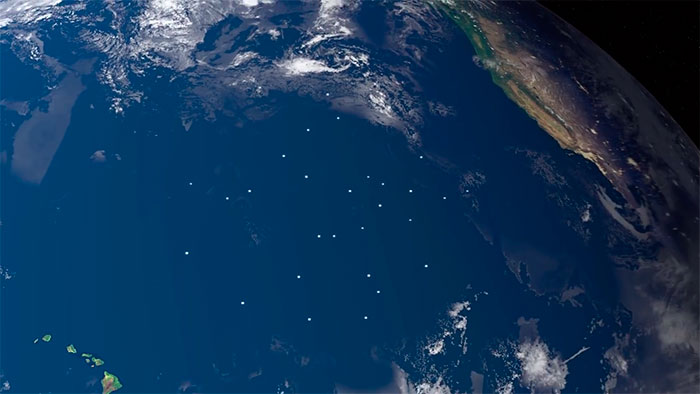









































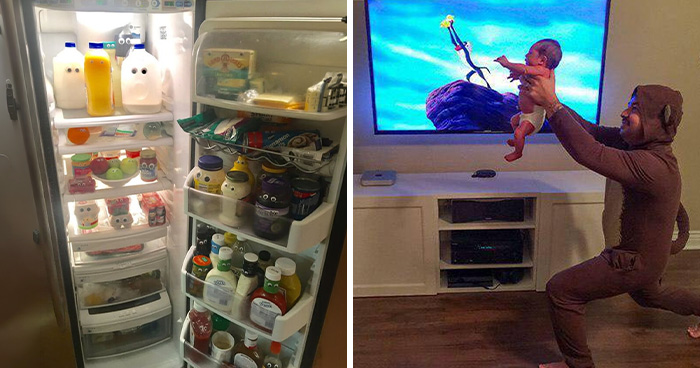

694
102